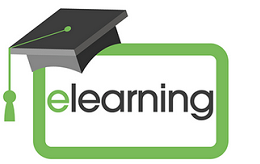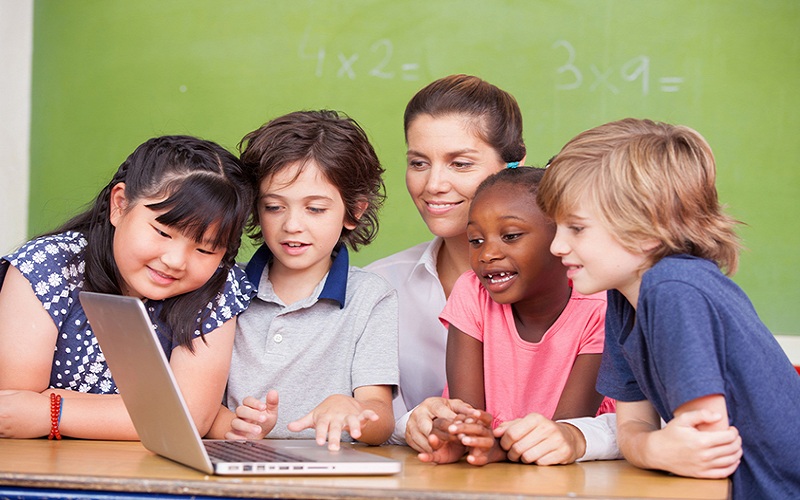Summer learning loss, or the ‘summer slide,’ is the phenomenon whereby students are likely to forget a substantial amount of what they have been taught during the long vacation. This puts the child in conflict with themselves and can lead to poor reading, math, and other skills. Nevertheless, using some preventative strategies, summer loss of knowledge is avoidable or at least reduced.
These considerations can assist learners in preparing effectively for the next academic year.
1. Encourage Consistent Reading
Preventing summer learning losscan be done through simple methods such as practicing regular reading. Continual reading should be encouraged throughout the vacation. Comprehension is another benefit of reading because it improves an individual’s ability to use big words and reason correctly. For the next week, parents can get into a competition reading where they offer incentives such as prizes for reaching a certain number of pages read, recommend the children visit a library, or even try audiobooks to keep them interested. Students should read fiction and non-fiction to develop a better general knowledge of various topics and viewpoints.
2. Incorporate learning into daily activities
Education can take place at any age, and it can be formal and informal. For example, not all activities have to be structured and formal; parents can incorporate learning into daily events. For instance, preparing food can be a pretext for teaching the material by counting sugar spoons or measuring cups of flour. Going for walks in the park can also be turned into teaching material as the child can learn about plants and animals. These informal learning activities may be fun and productive, allowing the kids to stay on their learning knees during their vacation time.
3. Leverage the use of App and Games in the Education Framework
As a result, there are so many ways in which students can continue learning even during the summer with the help of technology. Specifically, applications in education, games, and sites efficiently enhance knowledge through entertainment while addressing areas in mathematics, reading, and other relevant courses in school. Dedicated learning tools offer the flexibility of learning at the student’s convenience. Most of these tools allow the user to engage in a learning process that simulates play, which is very important when one is out of school for some time.
4. Enroll in Summer Programs
Most schools, libraries, and community centers currently provide summer learning programs with elements aimed at minimizing summer slides. It offers organized settings in which the scholar will participate in academic enrichment or tutoring, as well as other STEM-related programs. Technology camps that include building robots, coding games, or creative writing can be used to develop the child’s skills and augment their passion for learning.
5. Maintain a Routine
While summer offers children some reprieve from their classes, having some structure, though with learning activities included, is highly necessary to avoid the ‘summer slide.’ Students must spend only 20 to 30 minutes daily doing their academics, like reading, solving mathematics problems, or writing to keep them practicing. A routine also prevents the children from forgetting what they have learned and will thus ease the reintegration into the school process.
Final Thoughts
Two experiences are usually observed in student learning: Summer slide and setback. Summer slide is an objective but not an invariable reality of student learning. When schools can include reading, education, educational aids such as computers, and structured programs in the summer, students will retain their knowledge and improve on it. The caregivers, especially parents, are primarily responsible for keeping the children involved; therefore, the return to school in the fall becomes more accessible and more effective. In this way, it is possible to conclude that summer is not only a time of relaxation but also a period of successful learning and practical activities.

